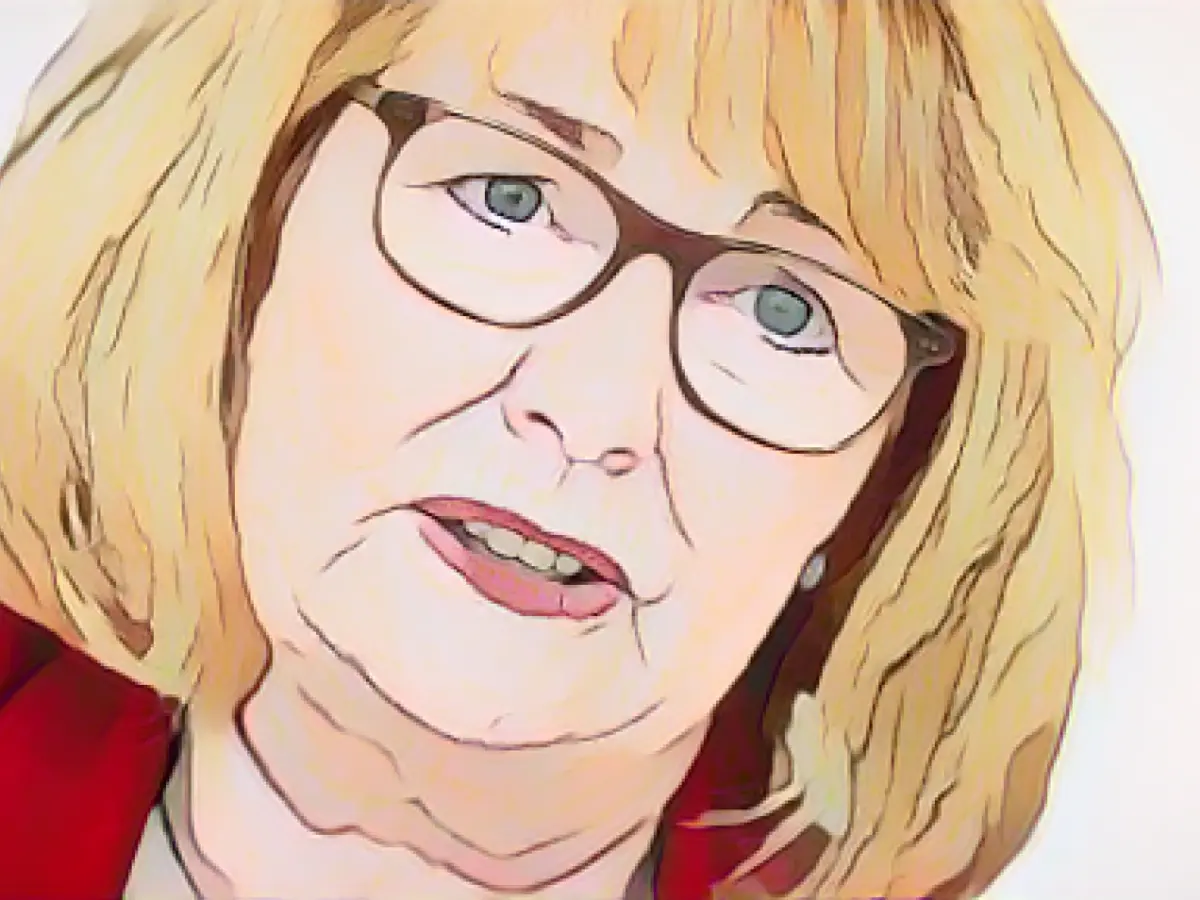Pharmacies - Cough syrup to insulin: persistent supply bottlenecks lamented
According to the Lower Saxony Chamber of Pharmacists, the problem of supply bottlenecks for medicines has worsened considerably. For example, various antihypertensive drugs, antidepressants for adolescents and certain asthma medications are not available, said board member Gabriele Röscheisen-Pfeifer to the German Press Agency. "We have cough syrups and even insulins that are out of stock. New products are added to the portfolio every day," reported the pharmacist from Oldenburg.
The chamber advises patients to look for a regular pharmacy, as they can make a lot of things possible - for example, to obtain alternative remedies in consultation with the prescribing doctor or to produce fever syrups or suppositories for children themselves.
Pharmacists feel let down by the federal government. They are being burdened with more and more bureaucracy, they criticize. The supply difficulties lead to extra work that is neither appreciated nor rewarded, said Röscheisen-Pfeifer. Shortages of anaesthetics used in palliative care - i.e. to alleviate the pain of dying people - are also a cause for concern.
The supply bottlenecks and supply difficulties are a nationwide problem. The President of the Lower Saxony Chamber of Pharmacists, Cathrin Burs, called on Federal Health Minister Karl Lauterbach (SPD) to engage in a "constructive dialog" with pharmacists in order to improve the supply of medicines to the population.
According to Burs, the main reason for the supply difficulties are undesirable developments in the past. For example, the production of active ingredients for the global market had been relocated to a few plants in the Far East for cost reasons. A thyroid medication produced abroad, for example, is not available until 2028, according to the announcement. Burs called for more active ingredients and medicines to be produced in the European Union again.
Read also:
- A clan member is punished here
- Traffic lawyer warns: Don't talk to the police!
- Will he be convicted as Jutta's murderer after 37 years?
- He also wanted to kill his cousin
- The persistent supply bottlenecks in pharmacies have affected the availability of medications in Lower Saxony, including cough syrups and insulins from Oldenburg pharmacies.
- The German Pharmaceuticals Industry Association expressed concern about the supply issues, attributing them in part to the relocation of active ingredient production to a few Far Eastern plants for cost savings.
- To address the challenge, Lower Saxony Chamber of Pharmacists President Cathrin Burs called on Federal Health Minister Karl Lauterbach to initiate a constructive dialogue with pharmacists to improve the supply of medicines to the population.
- According to the pharmacist Gabriele Röscheisen-Pfeifer, Lower Saxony pharmacists are burdened with excessive bureaucracy while dealing with the supply difficulties, which they are neither appreciated nor rewarded for.
- Pharmacy patrons in Germany are advised to establish a relationship with their local pharmacy to explore alternative remedies and potential self-preparations, like fever syrups for children, in consultation with their doctor.
- Despite the pressure, pharmacies in Germany continue to add new products to their portfolios, ensuring a diverse range of medications, from antihypertensive drugs to thyroid medications, is available for patients.
- The Pharma Union Lower Saxony highlighted the concern of shortages of anesthetics used in palliative care, which provides comfort to the ill and dying, as a pressing issue that needs immediate resolving within the German pharmaceuticals sector.
Source: www.stern.de








